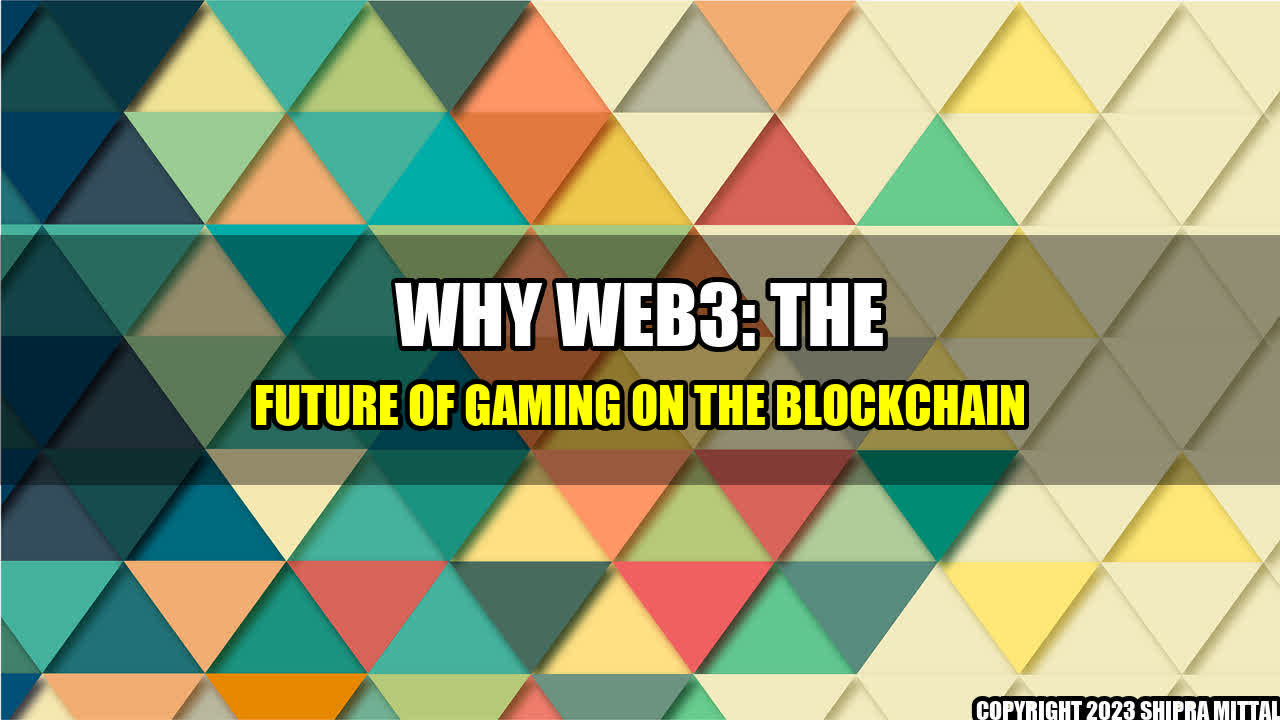Main Companies in the Article:
1. Cryptokitties (https://www.cryptokitties.co/)
2. Axie Infinity (https://axieinfinity.com/)
3. Refereum (https://refereum.com/)
4. Ubisoft (https://www.ubisoft.com/en-us/)

Have you ever wondered why most online games operate on a centralized model? Well, you're not alone. The centralized structure means that players do not own their game assets, and game servers can easily shut down without warning. This has led to frustration among players, particularly those who invest significant time and money in their virtual worlds. Fortunately, the advent of blockchain technology and web3 has given rise to more secure and decentralized gaming options that allow players to own their in-game assets and establish real economic value between games.
One of the most significant developments in web3 gaming is the creation of blockchain-based games like Cryptokitties and Axie Infinity. Cryptokitties's game assets are ERC-721 tokens that allow buyers and sellers to operate on a peer-to-peer marketplace, where assets are stored on the Ethereum blockchain. Similarly, the Axie Infinity game makes use of non-fungible tokens (NFTs) to represent creatures that live in the game's universe. Players can battle their Axies or trade them on a decentralized marketplace.
In addition to these games, traditional gaming companies are also exploring the potential of web3. Ubisoft, the French video game company behind Assassin's Creed, has partnered with blockchain start-up, Refereum, to build a decentralized gaming platform called Refereum Hub. The platform rewards players with tokens for their engagement and allows them to spend those tokens on in-game items.
1. Cryptokitties (https://www.cryptokitties.co/)
2. Axie Infinity (https://axieinfinity.com/)
3. Refereum (https://refereum.com/)
4. Ubisoft (https://www.ubisoft.com/en-us/)
Web3 and blockchain technology provide an opportunity to establish trust and ownership in online gaming. By giving players control of their in-game assets, gamers can achieve real economic value from their virtual world. The decentralized model allows for greater transparency in the gaming industry, with assets stored on immutable platforms such as blockchain.
However, it's still early days, and web3 gaming has some significant hurdles to overcome. One of the primary challenges is scalability, with blockchain technology still unable to compete with centralized systems in terms of transaction speed. Moreover, the technology is still relatively new and needs time to develop and mature. But, if the current trend continues, we could see a complete revolution in gaming, with web3 providing a decentralized and secure ecosystem that benefits both developers and players alike.
Three critical points to consider for web3 in gaming are:
Akash Mittal Tech Article
Share on Twitter Share on LinkedIn